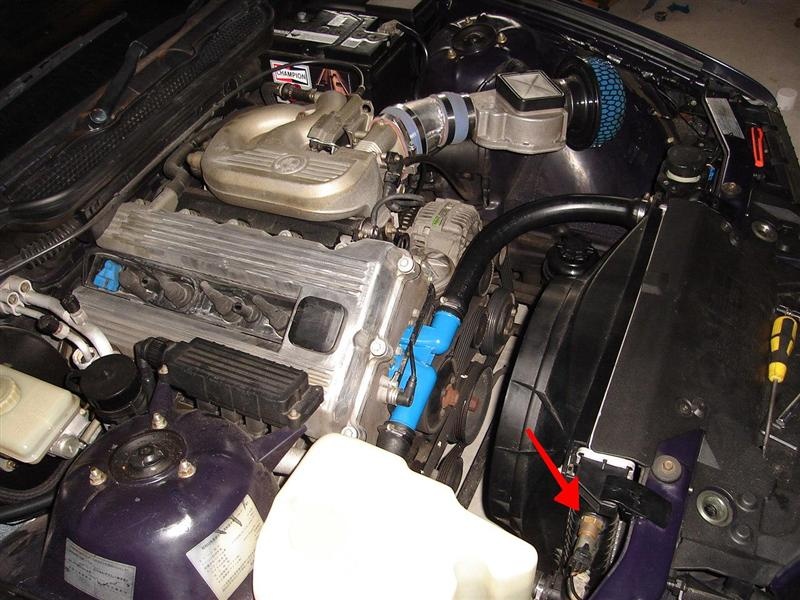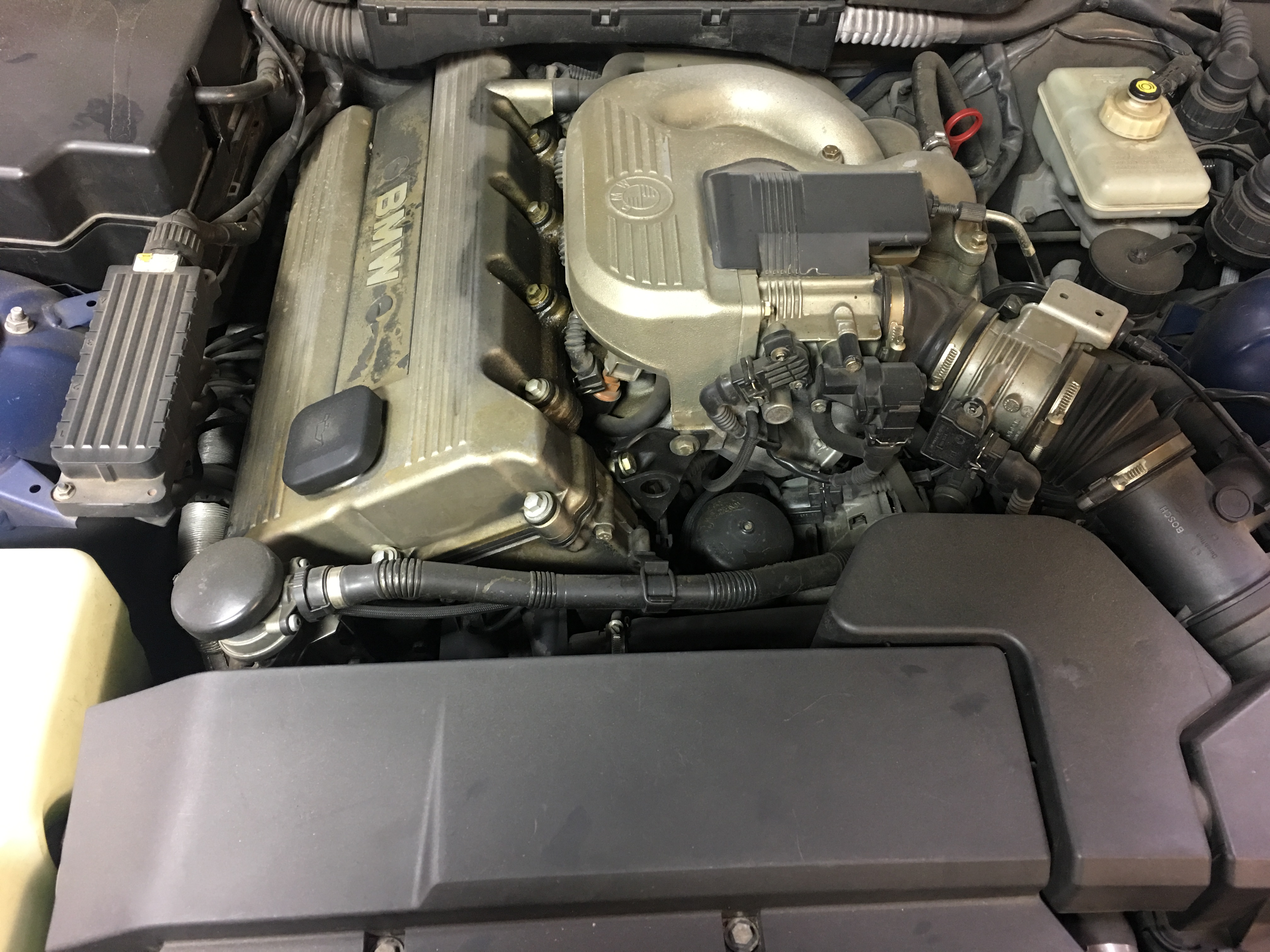Upgrading Your BMW 318ti: Leading Mods and Enhancements
Upgrading Your BMW 318ti: Leading Mods and Enhancements
Blog Article
Essential Considerations for Choosing the Best Engine for Your Demands
In the world of picking the excellent engine to meet your demands, a number of essential variables need thorough consideration to make sure optimal efficiency and efficiency. From the nuanced balance between power and efficiency to the often-overlooked facets of upkeep and solution demands, each facet plays a crucial duty in determining the most ideal engine for your certain needs. As the intricacy of engine modern technologies continues to develop, critical the most fitting alternative necessitates a deep understanding of the interaction between numerous considerations. By checking out the detailed web of factors that underpin this decision-making procedure, a clearer path arises in the direction of picking an engine that not just meets yet exceeds your assumptions.
Power and Efficiency
When evaluating engines for optimum performance, it is critical to focus on both power result and efficiency. Power outcome gauges the capability of an engine to create power, which straight influences its performance. A high power result is vital for requiring jobs such as high-speed requirements or sturdy applications. It guarantees that the engine can take care of the workload properly and successfully. However, power alone is not sufficient; efficiency plays a considerable role in identifying the overall efficiency of an engine. Performance describes how well the engine converts fuel into usable energy. A more effective engine will certainly supply far better gas mileage, reduced emissions, and decreased operating expenses. Striking the appropriate equilibrium between power result and efficiency is crucial to picking an engine that meets your particular demands. When making this decision, it is important to take into consideration aspects such as the intended use of the engine, environmental impact, and lasting expense implications. By thoroughly reviewing both power and effectiveness, you can select an engine that supplies optimum efficiency and fulfills your needs successfully.
Fuel Efficiency and Economic Climate
Fuel performance refers to the engine's ability to transform fuel into power with very little waste, directly affecting operating costs and ecological sustainability. Engines with higher gas performance not only reduce gas costs but likewise decrease carbon discharges, adding to a greener procedure.

Compatibility and Application
Thinking about the fuel performance and economy of an engine, the next crucial aspect to address is its compatibility and application within specific operational contexts. Compatibility refers to exactly how well the engine integrates with the total system or tools it powers. It entails elements such as physical dimensions, placing options, electric user interfaces, and control systems. Making sure compatibility is vital to stop issues such as overheating, resonances, or power imbalances (bmw 318ti).
Furthermore, the application of the engine is just as vital. Different engines are made for specific functions, whether it be commercial machinery, marine vessels, autos, or power generators. Understanding the designated application read review permits the choice of an engine that can supply the required power outcome, torque, and operational features. A high-revving engine created for performance cars would not be appropriate for heavy-duty building equipment that requires high torque at low speeds.
Maintenance and Service Needs
Upkeep and service needs play a vital role in ensuring the long life and optimal efficiency of an engine. Normal upkeep is crucial to prevent break downs, prolong the life expectancy of the engine, and maintain its efficiency. When choosing an engine, it is very important to consider the supplier's advised maintenance routine and the schedule of solution centers or certified professionals.
Aspects such as the regularity of oil adjustments, filter substitutes, and overall examinations can substantially impact the engine's efficiency. Some engines may call for even more constant maintenance based upon their design and use, while others might have longer intervals between maintenance checks. It is vital to comply with these solution needs to prevent pricey repair work and unanticipated downtime.

Cost and Budget Considerations
When choosing an engine find out here for a certain application,Spending plan constraints typically play a substantial duty in the decision-making process. When considering the cost and budget plan effects of choosing an engine, it is important to assess not just the preliminary acquisition price but also the long-lasting expenditures connected with upkeep, fuel intake, and possible upgrades or repair services. It is crucial to strike an equilibrium between the upfront price of the engine and its general lifecycle prices to guarantee that the chosen engine remains economically lasting throughout its functional life-span.
Aspects such as fuel performance, toughness, and reliability can directly influence the total expense of possession of an engine. While a more pricey engine might have higher in advance prices, it can possibly result in lower upkeep and fuel costs gradually, thus providing better worth in the future. Furthermore, taking into consideration the accessibility and expense of spare components, as well as the convenience of upkeep and solution, can help prevent unanticipated economic strain in the future. By very carefully examining these cost and budget factors to consider, you can make an educated choice that straightens with your financial constraints and operational needs.
Verdict

Fuel effectiveness refers to the engine's capability to transform fuel right into power with Website very little waste, directly affecting operating prices and environmental sustainability.Factors influencing gas efficiency consist of engine style, combustion effectiveness, and overall performance optimization. Furthermore, picking the proper gas kind and grade as suggested by the engine producer can further enhance effectiveness and prolong engine life expectancy.
Engines with great utility functions and readily available parts can reduce upkeep costs and minimize the time the engine is out of procedure - bmw 318ti. It is vital to strike an equilibrium between the upfront price of the engine and its general lifecycle expenses to make sure that the picked engine continues to be monetarily sustainable throughout its functional life-span
Report this page